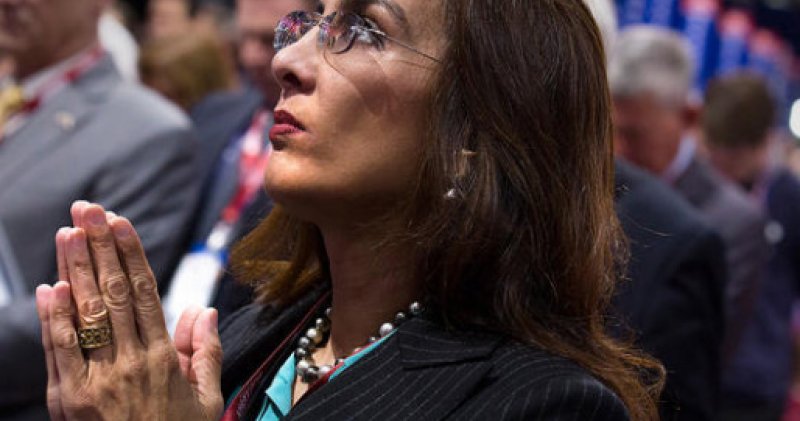

Perhaps, the biggest reason that religious traumas don’t get talked about or named is because there are systems in place that are designed to keep these traumas hidden and secret. They may be unable to comprehend the amount of pain it can cause because they have not experienced it themselves. Counselors who did not grow up being a part of religious systems may be unable to fully understand and really grasp this kind of trauma. That's without saying anything of the pain that these have caused me.

However, after having spent almost my whole life in a religious system I have worked with enough people to have seen the pain that religious people, systems, and beliefs can cause. In grad school, I can’t remember any discussions in class about the effects of religious trauma beyond discussions that I initiated. Religious Trauma Syndrome (RTS) is very real, and often under recognizedīut traumas around religion are not ones that are usually named as a form of trauma. Things like sexual assault, any form of abuse, divorce, loss of a loved one, or a natural disaster are ones that come to mind. Chances are that if you had to name some potential traumas, you would be able to name some. Two people can go through the same event and have different reactions. Trauma can be defined as “the experience of severe psychological distress following any terrible or life-threatening event.” It’s important to note that everyone reacts to traumas differently. Throughout our lives many of us will face traumatic events. One of the reasons why I’m passionate about helping people who have suffered religious traumas is because of my own experiences with them. As someone who has experienced religious trauma, and who grew up in the religious world, I am uniquely qualified to help you. While religion is supposed to be helpful, and in many cases can be, there also exists the potential for deep pain and trauma. These are just a few of the real effects of people who suffer with religious trauma. Sometimes, you wonder if it actually was your fault. You need to ask for forgiveness." You’ve even been told that you need to ask for forgiveness!” Meanwhile your perpetrator is still in church leadership. But, because you’re a woman you were made to feel as if you were the one to blame. Where is He in the midst of everything? Why are people who claim to be believers such a-holes? You were assaulted in the church and asked to keep it quiet or told you were wrong You’ve were hurt, but you want to keep following God. Your friends and family have stopped associating with you. The community that you’ve been a part of for years no longer feels welcoming. Essentially, you don’t know who you are anymore.

But, you also don’t want to keep feeling depressed. You don’t want to go back to the religion you were raised in. You’re confused and alone and feel as though you’re wandering through the wilderness by yourself. But, doubts are a sign of a lack of faith in God, right? So, what do you do now? You’re questioning your religious beliefs or your religious institution and it’s caused you to feel lost and alone. Now, you have some doubts about your faith. You were afraid of sinning, of displeasing God. There was a clear divide between what was bad and sinful (anything deemed secular) and what was good and righteous. You grew up in a household where you weren’t allowed to ask questions.


 0 kommentar(er)
0 kommentar(er)
